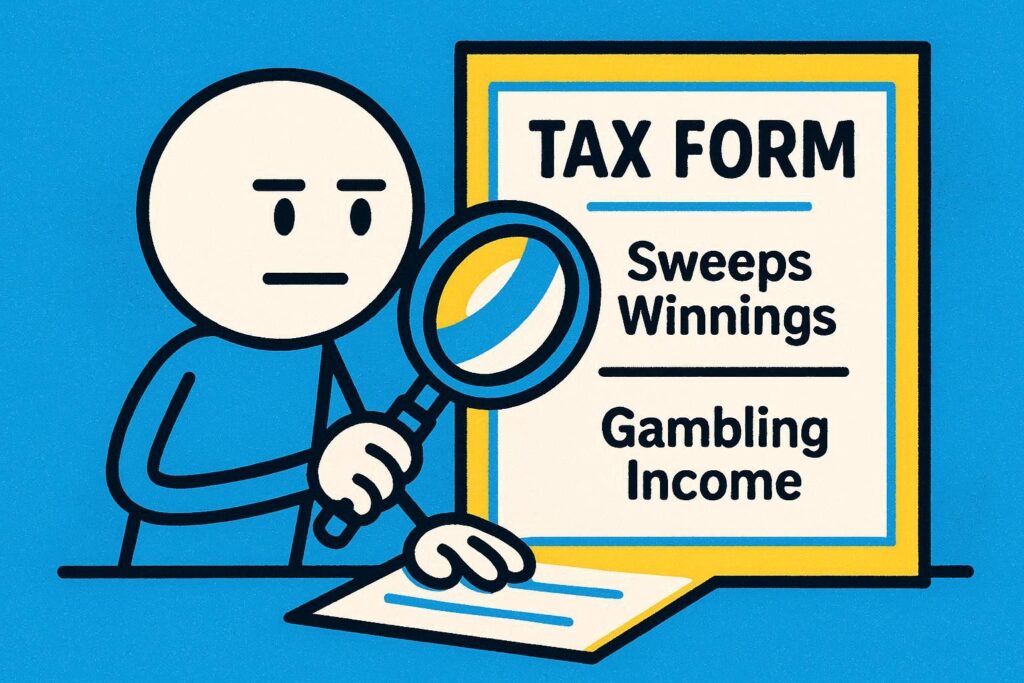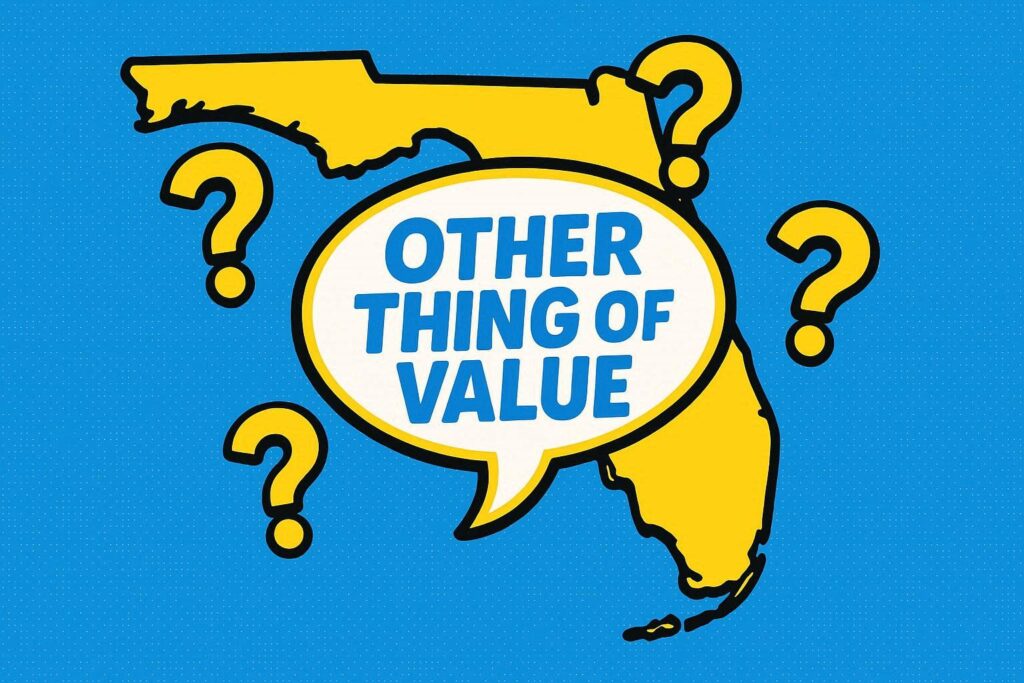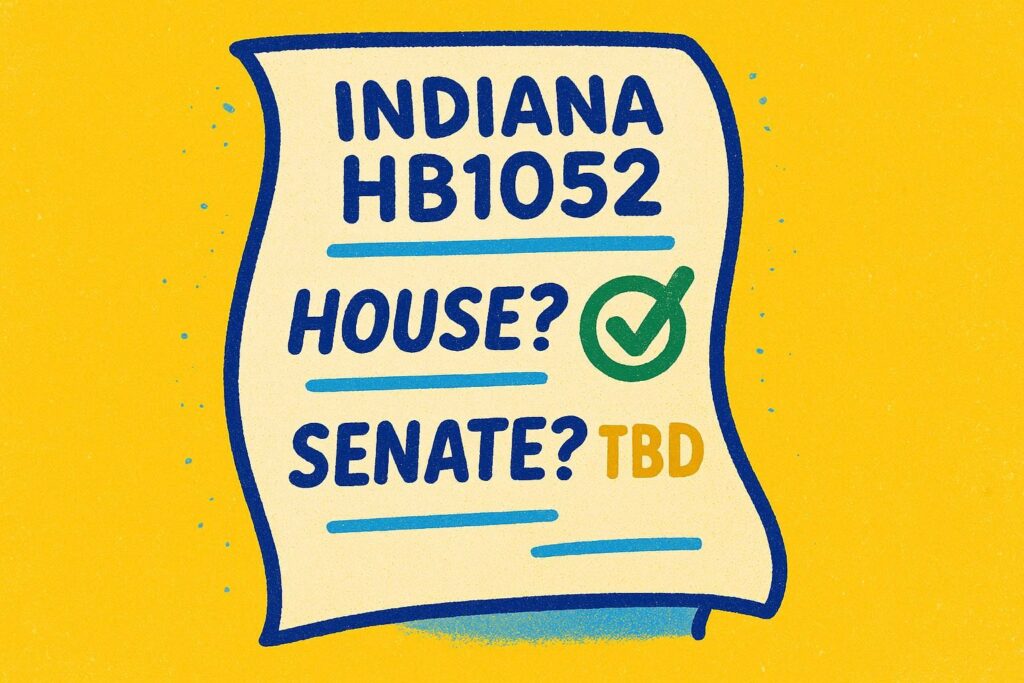While many California tribes have rallied behind a ban on online sweepstakes casinos, the Kletsel Economic Development Authority says Assembly Bill 831 “restricts opportunity” and ignores the needs of smaller nations in more sparsely populated places. The Kletsel Economic Development Authority is an organization that advocates for the economic interests of members of the Kletsel Dehe Wintun Nation.
California AB831 is a bill that could restrict the operations of casino-style, sweepstakes-based online games in the state, and enjoys strong support from many tribal gaming authorities within California. However, that support is not universal.
A rare public break from the tribal consensus
In the escalating debate over California’s AB831, one tribal voice has broken with the overwhelming support the measure has received from tribal governments.
On Aug. 7, the Kletsel Economic Development Authority (KEDA) sent a letter obtained by Sweepsy to members of the California Senate Appropriations Committee “respectfully opposing the bill.”
“This bill,” the letter states, “lacks unanimous support among California tribes, has advanced without meaningful consultation with many of us, and threatens our inherent right to create legitimate revenue streams to support our people.”
Why KEDA says AB831 hurts smaller tribes
KEDA’s letter points to a structural divide within Indian Country: “For tribes like ours — far from high-traffic tourism corridors — geography has always limited traditional economic development. Large, well-established gaming tribes already benefit from these geographic advantages and decades of success. It is self-serving for them to advocate for policies that restrict emerging digital commerce opportunities for others, effectively holding smaller and less-advantaged tribes’ hostage to their location.”
Signed by Eric Wright, CEO for KEDA, the letter states digital platforms are “one of the few viable ways for geographically isolated tribes to fund essential services: healthcare, education, housing, food security, and social programs,” stressing that “the need is urgent.”
KEDA backs that urgency with stark figures: “Nearly 1 in 3 residents in California tribal areas live below the poverty line, and over one-third of homes are overcrowded or substandard. Native households face food insecurity rates up to 92% in some communities, compared to about 14% nationwide.”
Their message to lawmakers is direct: “Reject AB 831 and work toward legislation that expands — not restricts — opportunity for every tribal nation.”
AB831 is on a fast track
AB831 was transformed in June through a “gut-and-amend” maneuver that replaced a narrow tribal-state compact bill with a broad sweeps-ban. Because the bill had already advanced through the Assembly in its original form, the rewrite allowed it to move quickly through the Senate with minimal hearings.
Industry experts have told Sweepsy that this tactic limits time for organized opposition and technical testimony, while supporters say it helps prevent unregulated gambling from proliferating.
The measure has passed the Senate Governmental Organization and Public Safety committees unanimously and is now scheduled for an Aug. 18 Appropriations Committee hearing. If it clears that stage, it could reach the Governor’s desk by mid-September, just before the legislative deadline.
Why KEDA’s opposition matters
The majority of public tribal testimony so far has backed AB831, with many large gaming tribes advocating for the ban as a protective measure. KEDA’s stance marks the first visible tribal pushback, signaling that support for the bill is not universal.
Although AB831 has formal support from the California Nations Indian Gaming Association (CNIGA), doubts about whether the CNIGA represents every tribal entity within California’s borders rise as a result of this communication. This letter also signals that the debate over digital economic opportunities is as much about equity between tribes as it is about consumer protection.
The KEDA is not the only entity operating in California that has expressed opposition to AB831, just the first tribal organization to do so. Other agencies speaking out against the bill have included the American Civil Liberties Union and a trade association for online payment processors.









